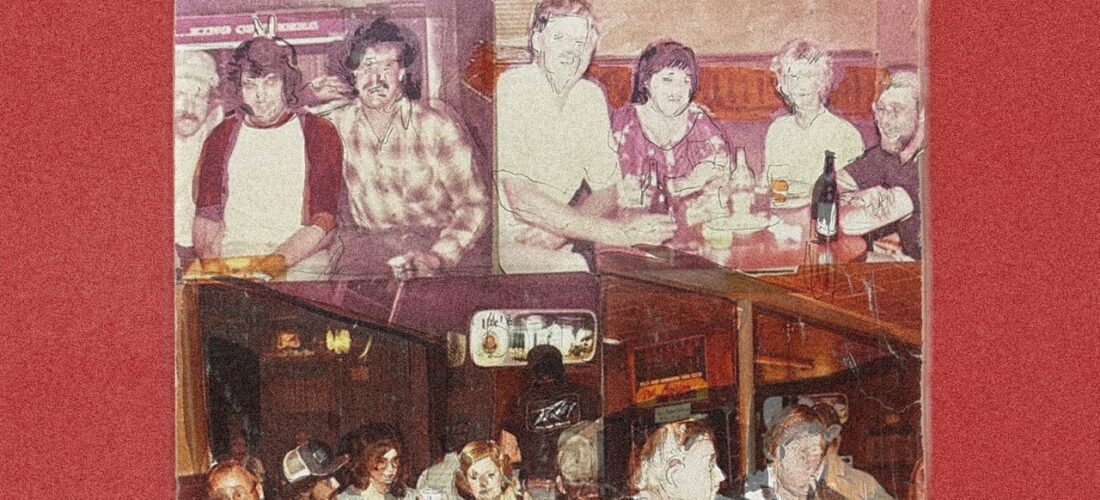Some songwriters have a direct line from their open wounds to the pen on the page, and then there’s Zach Bryan. His 2019 self-produced, self-released debut album, DeAnn, was named after his mother, who died of complications related to alcoholism when Bryan was 20. Recorded during his time as an aviation ordnanceman in the Navy, its ragged songs detail grief and regret, devotion that leads to violence, family curses and hard-won redemption. Bryan’s passion and pathos garnered him a cult following that turned him into a stadium-filling superstar, and though he now records and travels with a full band—not to mention guest stars like Maggie Rogers, Bruce Springsteen, and the “Hawk Tuah” girl—his work still carries the stark intensity and emotional bareness of a heart-to-heart with a stranger after one too many beers.
His new album, The Great American Bar Scene, adds to the Zach Bryan formula by taking on a wider lens, weaving his personal struggles and triumphs into the greater legacy of lost souls and camaraderie found in America’s watering holes. This can lead to exciting new lyrical territory for him, like on “Oak Island,” a tightly wound character song about a railroad worker whose brother’s gotten into trouble with some boys from New Jersey. His protagonist, Mickey, also appears on the title track—this time as a nod to malt liquor—in a story that starts off with getting played by a bookie from Philly, winds through a police chase in Cheyenne, and ends with swaying to Johnny Cash with some sweet young thing under neon lights. In the background, you can hear the ambient sound of balls clanking in a game of pool, timed to the strums of the guitar.
It’s all very Nebraska, a comparison that’s hung over Bryan since his early lo-fi releases. He even tries to get ahead of the punchline here, with references to “State Trooper” and “Reason to Believe” and a duet with the Boss himself on “Sandpaper.” Ironically, the sound of Bar Scene is the most full-bodied of Bryan’s career, building upon the heartland rock that he explored in his 2022 major-label breakthrough American Heartbreak and the self-titled follow-up from last year. Bryan makes the kind of production choices here associated with someone gaining a lot more money and creative control in a short amount of time, deploying mariachi horns, gospel choirs and, yes, a John Mayer guitar solo to complete his vision. They mostly work, though maybe not surprisingly, Bryan’s folksier instincts shine the most: the moments of lonesome pedal steel and guitar-pickin’, the skilled harmonies with Noeline Hofmann on “Purple Gas,” and the showstopping harmonica on “Pink Skies.” That song, an account of DeAnn’s funeral, is so meticulously constructed that you can see exactly why, against all odds, it was picked as the album’s lead single.
